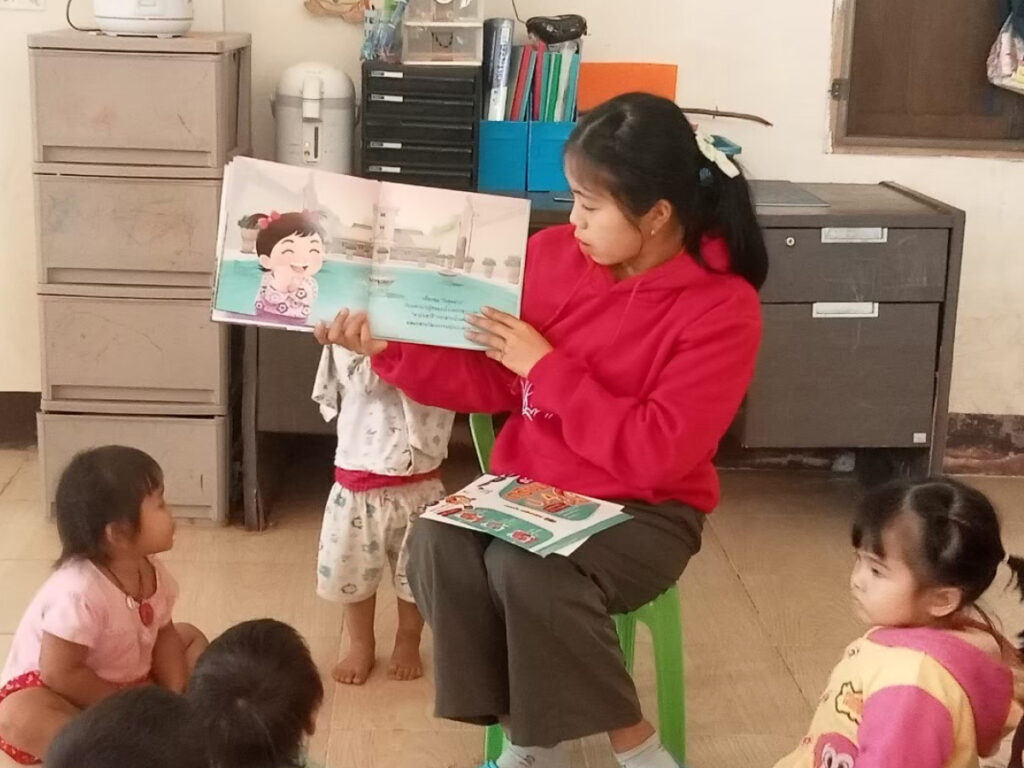An Inquiry into Local-Global Solidarity
Since the late 90s, the phrase “think globally, act locally” has been used in a range of contexts from environmental activism, to education, to ambitious business strategies for some of the most recognized brands. More recently, the idea seems to have undergone a rebranding, and “localization” is now the phrase of the day and, just as before, it has wide-ranging appeal. Including in the philanthropy sector.
Localization is being used by more and more organizations as a way for citizens around the world to respond to the growing climate crisis. It is also being adapted by many smaller philanthropies, where a “we live here, we give here” motto is used to encapsulate a philosophy of place-based giving at a hyper-local level. This idea of localization has also been used in some cases to push back against more traditional humanitarian approaches, arguing that traditional aid models create an influx of outside assistance that disempowers those most affected.
But is an ethos of localization truly the right direction for philanthropy?

Given Partners Asia’s mission to enhance human dignity, equity and well-being for marginalized and disenfranchised populations in Southeast Asia, and our strategy of doing that by connecting local leaders with global resources, it’s a trend we’ve been thinking about a lot. And one we believe leaves a lot of questions unanswered.
Questions such as: How local is local? What of those of us whose places of origin are distinct from the places we now call home? What of our connections to diasporas? And what is our responsibility as citizens of industrialized countries who have so clearly enjoyed the benefits of economic globalization?
Corrina Grace, a Partners Asia collaborator, wrote about this recently in an article published by Giving Compass. She proposed that the local-global proposition is no longer relevant to the world we live in, and goes on to present an alternative framework for people who are looking to make a difference – wherever in the world that may be.
So how does that framework apply to Partners Asia’s own approach and philosophy? We explored this with Corrina in more detail. Read on to find out!
1. Find your connection
Corrina argues that finding your connection is an important starting point, one that can help shift your support from a place of charity (built on the idea of “us” and “them”), to one of solidarity (built on a relational understanding that we are all connected).
We know this connection is vital! Many of us from the Partners Asia community support this work because of important connections to people and place. Whether you are part of a global diaspora, hold sacred memories of special places in the region, or are called in through your spiritual practice – we are all connected in some way.
Each of us linked to the other, this creates a precious web of human relationships that is central to allowing us to support our partners and do this work. It also greatly influences how we work. In the words of Uruguayan journalist Eduardo Galeano,
“I don’t believe in charity. I believe in solidarity. Charity is so vertical. It goes from the top to the bottom. Solidarity is horizontal. It respects the other person. I have a lot to learn from other people.”
So who are we learning from? More on that in the next point.

2. Prioritize Proximity
As Corrina’s article states, proximity matters when it comes to creating change! Yet we know that this is still largely missing in the international development space. As Mark Lowcock, United Nations Under-Secretary-General for Humanitarian Affairs and Emergency Relief Coordinator, explained “Despite good intentions, the … system is still set up to give people in need what … donors think is best, and what we have to offer, rather than giving people what they themselves say they most need.”
At Partners Asia we know that local actors, like community leaders and local organizations, must play a central role in shaping solutions. We firmly believe that local leaders are best positioned to deliver impact because they are deeply rooted in the communities they serve. They know best about what’s needed on the ground, they are the closest to the issues and they have the relationships to get things done.
That’s the power of proximity, and it’s a central tenet of all that we do.
3. Strengthen Civil Society
Across the globe, civil society spaces are shrinking and democratic practices are increasingly under attack. And Southeast Asia is no exception to this trend. Within this context, the role that local NGOs and community-based organizations play in strengthening civil society cannot be underestimated.
This is where Partners Asia’s Theory of Change really comes into effect. We know that in order to create long term, systemic change we have to do more than just give away grants. It’s also about nurturing deep, equitable partnerships, and weaving networks of allies working for change. This holistic approach is designed to nurture shared learning, exchange and collaboration, while supporting locally-led organizations to develop the power and influence to drive decisions that impact their communities.
Are you excited about being a part of this community? If so, why not share this blog with your friends or family and start a conversation about what local-global solidarity means to you.
